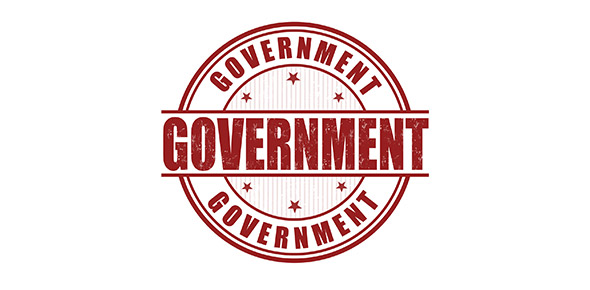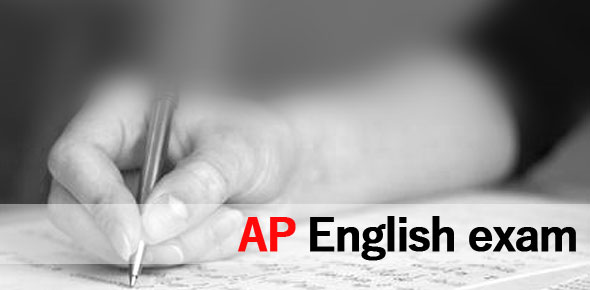Related Topics
Cards In This Set
| Front | Back |
|
1) How well did the federal, state, and local governments work together in the after Hurricane Katrina?
A) The state and local governments worked well together; the federal government was prohibited by the constitution from participating. B) The federal and state governments worked well together, but the local governments chose not to participate. C) The federal and state governments worked well together, but the local governments were prohibited from participating. D) The federal, state, and local governments did not work well together. E) Each government acted independently, without any attempt to work together. |
B
|
|
2) How well did the federal, state, and local governments work together in the after Hurricane Katrina?
A) The federal and state governments worked well together, but the local governments chose not to participate.
B) The federal, state, and local governments did not work well together. C) The state and local governments worked well together; the federal government was prohibited by the constitution from participating. D) The federal and state governments worked well together, but the local governments were prohibited from participating. E) Each government acted independently, without any attempt to work together. |
D
|
|
3) The United States is a ________ system of government.
A) federal B) confederation C) unitary D) renal E) socialist |
C
|
|
4) The enumerated powers can be found in A) the Preamble to the Constitution. B) Article I, Section 8 of the Constitution. C) the Declaration of Independence. D) Article II, Section 6 of the Constitution. E) Article III, Section 18 of the Constitution. |
C
|
|
5) The implied powers are derived from the
A) supremacy clause. B) reserve powers. C) full faith and credit clause. D) necessary and proper clause. E) Tenth Amendment. |
E
|
|
6) Which of the following powers is possessed by both the state and the federal government?
A) taxation B) conducting war C) establishing federal courts D) regulating commerce within a state E) coining money |
D
|
|
Which of the following powers is possessed by the national government but not by the state governments?
A) The power to make and enforce laws necessary to enact those powers B) The power to establish courts C) The power to regulate interstate commerce D) The power to borrow money E) The power to levy taxes |
B
|
|
8) What happens when federal law conflicts with state law?
A) There is a stalemate until Congress intervenes. B) There is a stalemate until the attorney general intervenes. C) The state law prevails. D) The federal law prevails. E) There is a stalemate until the president intervenes. |
C
|
|
9) Article VI contains 9
A) the enumerated powers. B) the implied powers. C) the national income tax. D) the provision that senators will be directly elected. E) the supremacy clause. |
E
|
|
10) The powers of state governments are most thoroughly described in
A) Article I. B) Article II. C) Article III. D) Article IV. E) the Tenth Amendment. |
E
|
|
11) Who has police powers?
A) Congress B) the federal government C) the Supreme Court D) the state governments E) the president |
A
|
|
12) Laws about ________ vary from state to state.
A) treason B) interstate commerce C) federal income taxes D) treaties with foreign nations E) the death penalty |
C
|
|
13) State laws regulating ________ differ from state to state.
A) abortion B) treaties with foreign nations C) interstate commerce D) treason E) federal income taxes |
A
|
|
14) The Constitution prohibits the federal government from
A) coining money. B) regulating commerce with foreign nations. C) passing bills of attainder. D) chartering banks. E) regulating interstate commerce. |
B
|
|
15) Which of the following powers is denied to the federal government under the Constitution? A) passing ex post facto laws
B) chartering corporations C) regulating commerce with foreign nations D) declaring war E) borrowing money |
E
|






